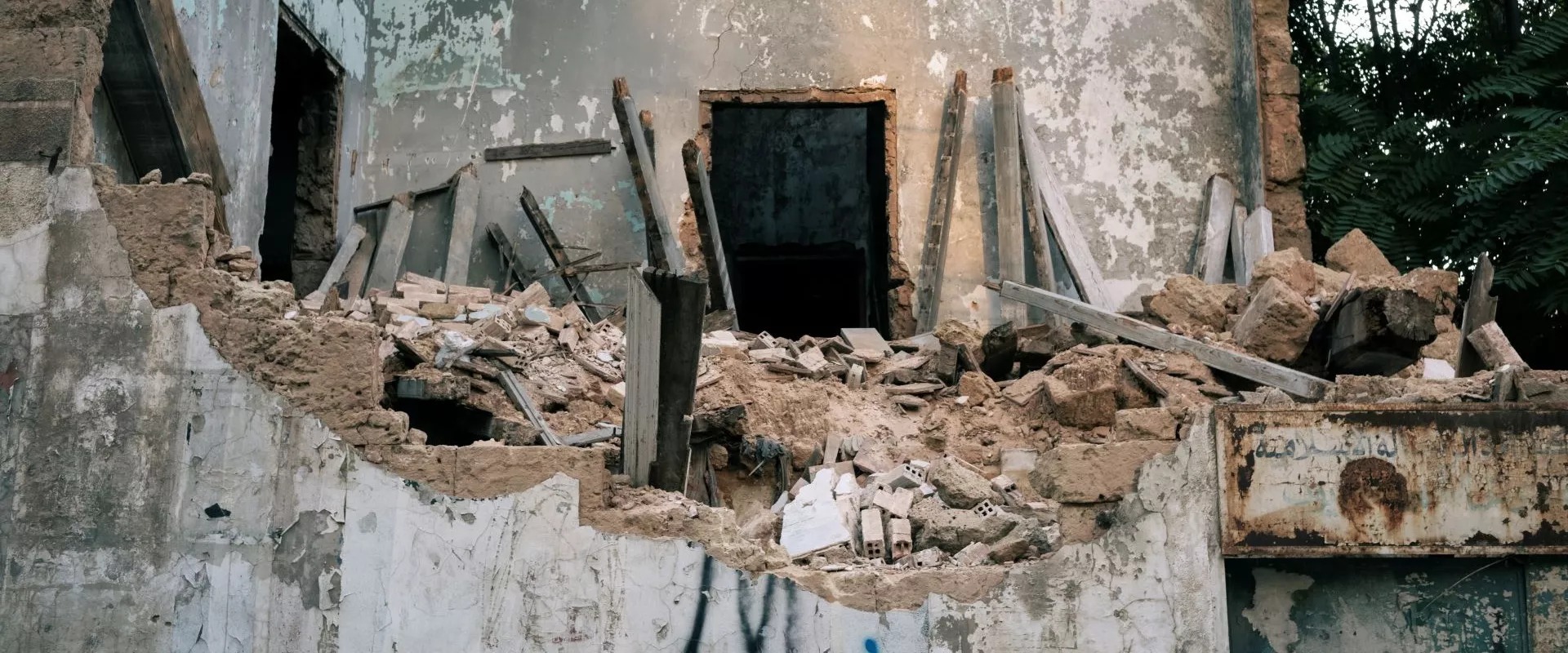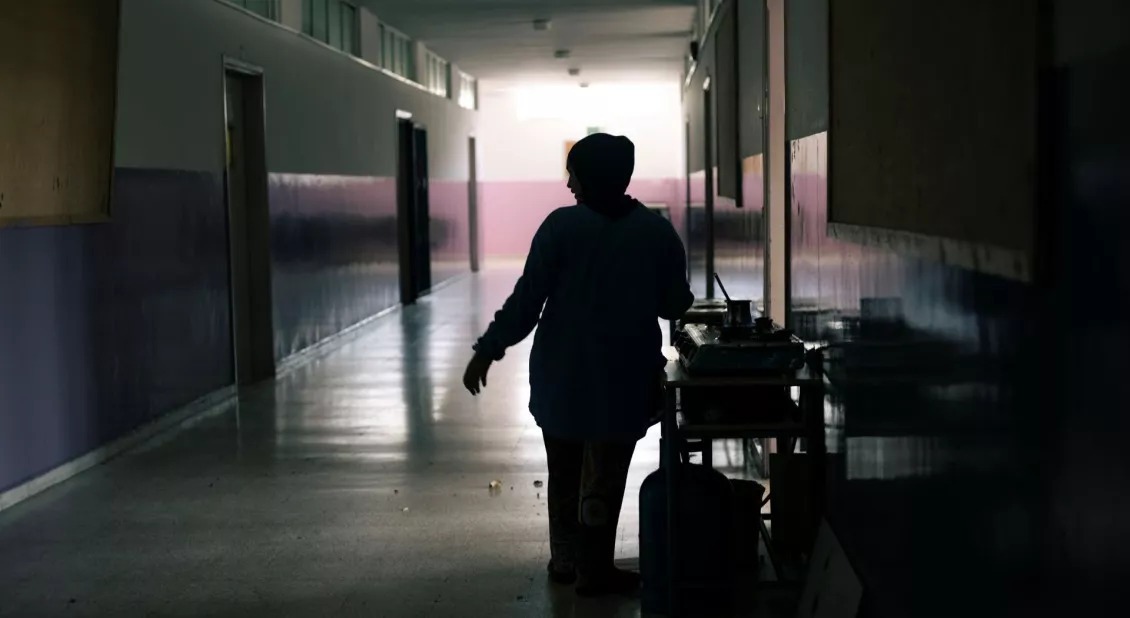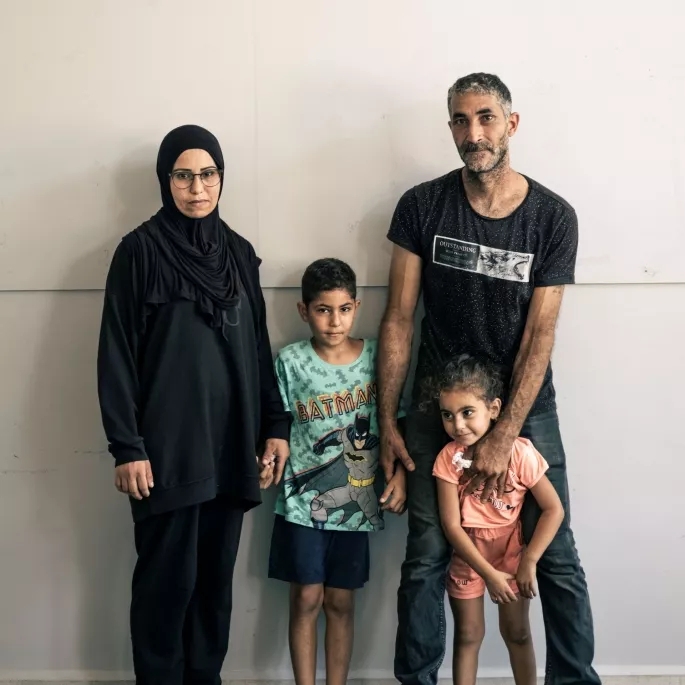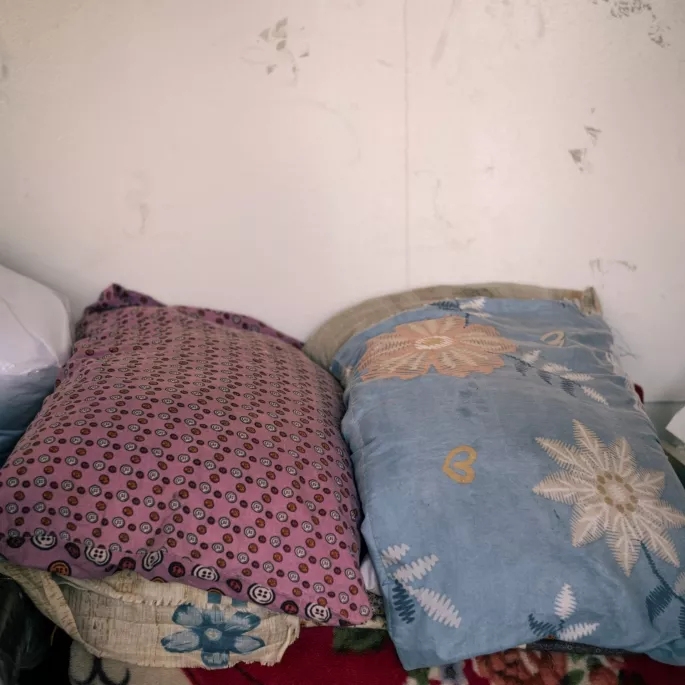
GIVE THIS RAMADAN

As fears of full-scale conflict grow, Lebanon today received emergency medical supplies to prepare for wounded patients, even as increased risks to humanitarian workers caused Action Against Hunger to temporarily pause some of its activities in Southern Lebanon. Its programs continue in the rest of the country, which has seen almost 100,000 people – one-third of them children – internally displaced since the start of the conflict in Gaza more than 300 days ago. The airport is packed with families trying to leave.
“Action Against Hunger has provided emergency humanitarian response in 160 districts, including border areas and in shelters for displaced people, since early October, but the recent escalation of violence, including this week’s devastating airstrike in Beirut’s southern suburbs, has led us to pause some activities in the south of the country,” said Action Against Hunger Country Director Suzanne Takkenberg. “The violence is taking an intolerable toll on civilian lives, and we urge all parties to respect international humanitarian law, ensuring the protection of civilians and the work of humanitarian organizations like ours.”

Even before the conflict, Lebanon was responding to one of the world’s largest refugee crises by hosting 1.5 million Syrian refugees, with the highest number of displaced people per capita in the world.
Thousands of people are struggling to cope with the conflict, and increased prices make it harder for families to access nutritious food. Hunger is worsening in Lebanon as food prices skyrocket. The use of white phosphorus munitions and explosives threatens the lives of civilians and the fertility of land. The conflict has affected agriculture and livestock. 340,000 farm animals have been killed and 47,000 olive trees and nearly 2,000 acres of agriculture land have been destroyed, resulting in 70% losses for farmers.

Fatima, her husband Mohammad, and her two children (Ali and Acil) are living in a classroom at the Supplementary School for Girls in Tyre, Lebanon. They were forced to flee their home and leave everything behind. Now, Fatima worries about her children getting enough to eat.
“Everyone we work with seems very concerned that the violence will continue to escalate. We are already seeing thousands of people injured, many of them complaining about food and water shortages, or the effects of white phosphorus on their fields and related loss of their livelihoods,” said one of Action Against Hunger’s staff workers in Lebanon. “People expected the conflict to be short and it’s been almost 10 months now. They have lost their savings, their homes. It is taking a toll on mental health, particularly in the south. People are stressed, traumatized. I saw children crying and not being comforted even if their parents told them that everything would be fine because of all the trauma they have been through.”
The destruction of essential civilian infrastructure such as roads, hospitals, schools, electricity and water supply facilities, and telecommunications systems has very serious impacts. For example, the damage to 13 water supply facilities in southern Lebanon has disrupted access to safe drinking water for more than 200,000 people and can lead to increased risk of waterborne diseases.

Action Against Hunger has been working in Lebanon since 2006. Since last October, Action Against Hunger teams have responded to the emergency by connecting displaced people to temporary shelters, providing families with necessities like mattresses, blankets, and pillows and installing and improving sanitation and hygiene facilities within the shelters.

Action Against Hunger has supported families in Lebanon since 2006. Now, teams are providing emergency assistance to families displaced by the conflict.
In addition, Action Against Hunger supports families who, despite the damage to their buildings and the area, have remained in their homes. During these months of emergency, Action Against Hunger teams have delivered more than 120,000 gallons of drinking water and 95,500 hot meals.
Editors note: all programs that where temporarily suspended in the south have since restarted.
Join our community of supporters passionate about ending world hunger.